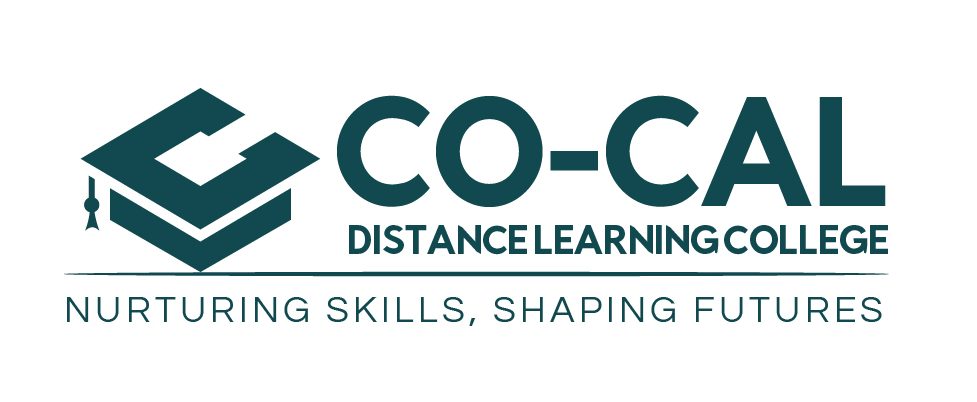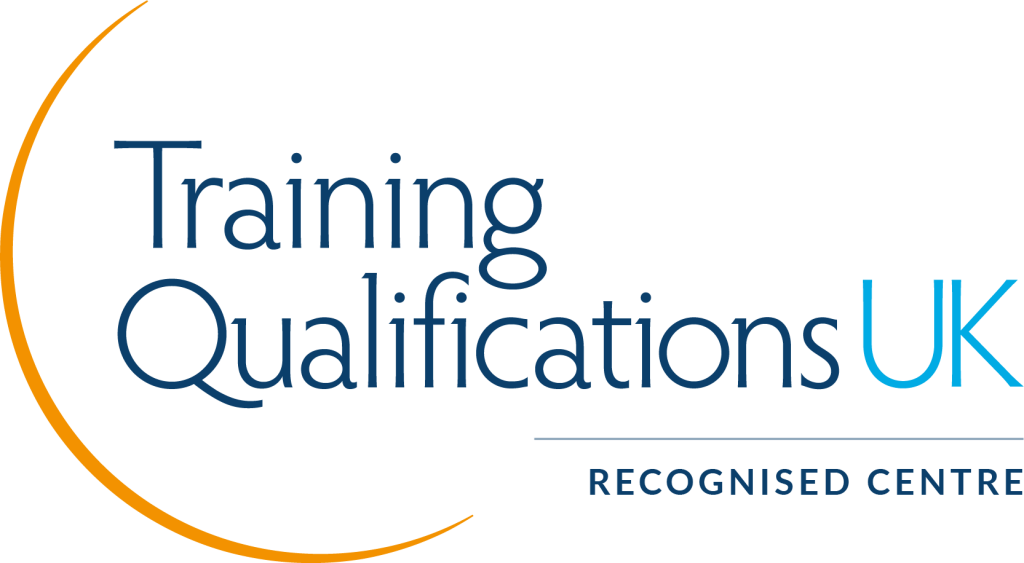Embarking on a Career as an Early Years Practitioner (EYP) in the UK
What is an Early Years Practitioner?
An Early Years Practitioner, often referred to as a nursery nurse or early years educator, works with young children to support their learning, development, and preparation for school. This role involves creating a safe, nurturing, and stimulating environment where children can thrive.
Main Roles and Responsibilities
As an EYP, your duties will include:
- Planning and Leading Activities: Designing and implementing engaging activities such as arts and crafts, storytelling, music, and play to promote learning and development.
- Supporting Early Learning: Assisting children in developing basic skills like counting, language, and social interaction through structured and unstructured play.
- Observing and Recording Progress: Monitoring children’s development, maintaining records, and sharing insights with parents and carers.
- Ensuring Safety and Well-being: Maintaining a safe environment, adhering to safeguarding policies, and addressing any concerns regarding a child’s welfare.
- Personal Care: Providing care routines such as feeding, changing nappies, and helping with personal hygiene.
- Collaborating with Colleagues and Parents: Working closely with other staff members and engaging with parents to support each child’s development.
Qualifications Needed
To become an Early Years Practitioner, you’ll typically need:
- Level 2 or Level 3 Childcare Qualification: Qualifications such as the Level 2 Certificate for the Children and Young People’s Workforce or the Level 3 Diploma for the Early Years Workforce (Early Years Educator) are essential.
- GCSEs: Some courses may require GCSEs in English and Maths at grade 4 (C) or above. It’s advisable to check specific entry requirements with your chosen training provider.
Skills Needed
Successful EYPs possess a range of skills, including:
- Passion for Child Development: A genuine interest in supporting and understanding the growth of young children.
- Creativity and Imagination: The ability to design engaging and educational activities.
- Patience and Enthusiasm: Maintaining a positive and patient approach, even in challenging situations.
- Strong Communication: Effective verbal and listening skills to interact with children, parents, and colleagues.
- Observational Skills: Keen attention to detail to monitor and assess children’s progress.
- Teamwork: Collaborating effectively with other staff members to provide cohesive care and education.
Suggested Courses
To gain the necessary qualifications, consider the following courses offered by Training Qualifications UK (TQUK):
- TQUK Level 2 Diploma for the Early Years Practitioner (RQF): This qualification provides learners with the knowledge and understanding of babies and young children from birth to seven years of age. It meets the Department for Education’s full and relevant criteria for a Level 2 Early Years Practitioner in the workforce.
- TQUK Level 3 Diploma for the Early Years Workforce (Early Years Educator) (RQF): Aimed at those who wish to take on more responsibility, this diploma enables you to plan and lead activities, and may involve supervising others.
- TQUK Level 5 Diploma for the Early Years Senior Practitioner (RQF): Designed for managers, team leaders, and early years professionals, this qualification covers areas such as quality environments, early years pedagogy, and leadership and management.
Embarking on a career as an Early Years Practitioner offers the opportunity to make a significant difference in children’s lives during their formative years. With the right qualifications, skills, and dedication, you can build a fulfilling career nurturing the next generation.




